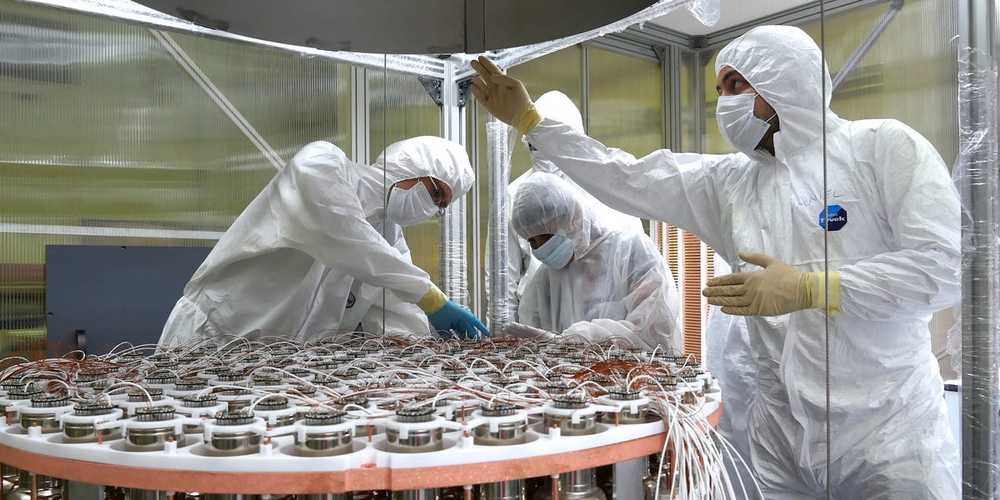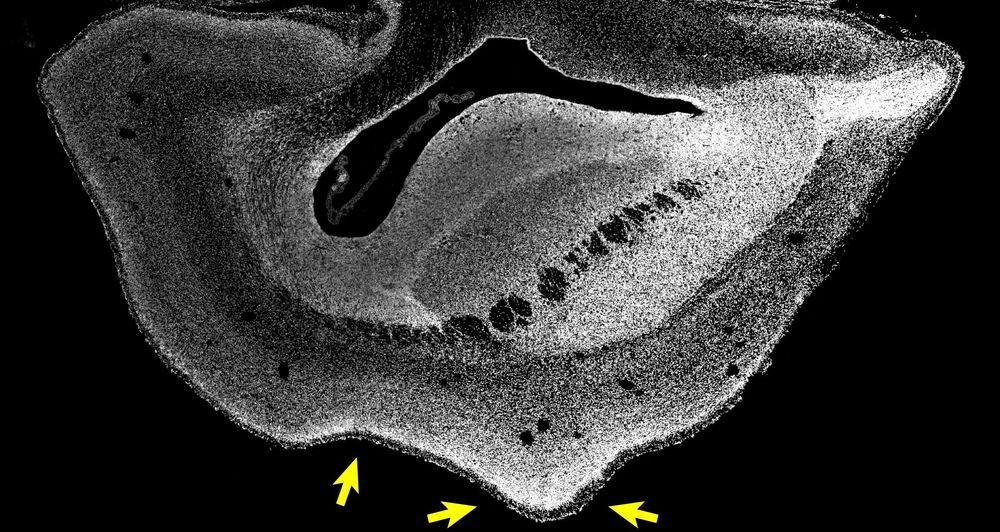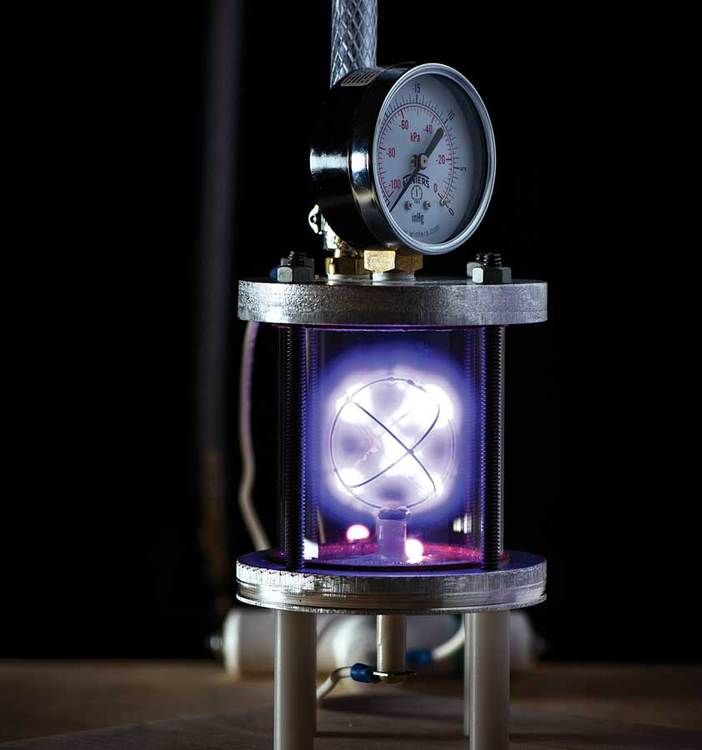If researchers have detected an axion particle forged inside the sun, the potentially “Nobel Prize-winning finding” would defy the laws of physics.
In recent times it seems an image of a human bone sitting somewhere on Mars has been making its rounds yet again. While we’re not sure why this is happening, there is a story behind this ‘bone’ and the image it was present in.
Now, to kick things off, NO it’s not a human bone. This bone-shaped thing is actually a rock, nothing more and nothing less. While in the photograph it does really look like a bone, that’s just not what it is. Actually, NASA even wrote a small piece on this topic breaking down a bit about how this femur thigh bone looking thing on Mars was a rock and why it was/is the shape that we see in that photograph.
Quartz crystal computer rocks
Posted in computing
“Irrational Computing” has interlinked a series of untreated crystals and minerals to create a primitive signal processor.
Scientists managed another breakthrough. They built a quantum computer that can execute the difficult Shor’s algorithm. It’s just five atoms big, but the experts claim it will be easy to scale it up.
“The game, known as EndeavorRx and developed by Boston-based Akili Interactive Labs, can now be marketed as a way to improve attention function in kids with ADHD as measured by computerized testing. Physicians can prescribe it to children between the ages of 8 and 12 who have an ADHD diagnosis and have demonstrated an issue with attention.”
https://www.statnews.com/wp-content/themes/stat/images/stat-logo.svg
The FDA has given a green light for the first time to a game-based therapeutic: Akili’s video game EndeavorRx, designed to be prescribed to kids with ADHD.
A solid-state battery, where the liquid electrolyte that carries the charge is swapped out for a solid alternative, promises a number of performance benefits over today’s solutions, but there are a few problems to solve first. Scientists at Brown University are reporting a new design that overcomes some of the key hurdles, using a delicate mix of ceramics and the wonder material graphene to produce the toughest solid electrolyte to date.
As the solution that carries the lithium ions back and forth between the anode and cathode while the battery is charged and discharged, liquid electrolytes play an important role in the function of today’s lithium-ion batteries. But these highly volatile liquids bring a risk of fire when the battery short circuits, so there is room for improvement in terms of safety.
Beyond that, alternative electrolytes could offer greater energy density and even allow for other components of the battery to be upgraded, too. For example, the anode is typically made out of copper and graphite, but scientists believe a solid electrolyte would enable the battery to function with a pure lithium anode, something that could break the “energy-density bottleneck,” according to one recently published study.
The expansion of the human brain during evolution, specifically of the neocortex, is linked to cognitive abilities such as reasoning and language. A certain gene called ARHGAP11B that is only found in humans triggers brain stem cells to form more stem cells, a prerequisite for a bigger brain. Past studies have shown that ARHGAP11B, when expressed in mice and ferrets to unphysiologically high levels, causes an expanded neocortex, but its relevance for primate evolution has been unclear.
Researchers at the Max Planck Institute of Molecular Cell Biology and Genetics (MPI-CBG) in Dresden, together with colleagues at the Central Institute for Experimental Animals (CIEA) in Kawasaki and the Keio University in Tokyo, both located in Japan, now show that this human-specific gene, when expressed to physiological levels, causes an enlarged neocortex in the common marmoset, a New World monkey. This suggests that the ARHGAP11B gene may have caused neocortex expansion during human evolution. The researchers published their findings in the journal Science.
The human neocortex, the evolutionarily youngest part of the cerebral cortex, is about three times bigger than that of the closest human relatives, chimpanzees, and its folding into wrinkles increased during evolution to fit inside the restricted space of the skull. A key question for scientists is how the human neocortex became so big. In a 2015 study, the research group of Wieland Huttner, a founding director of the MPI-CBG, found that under the influence of the human-specific gene ARHGAP11B, mouse embryos produced many more neural progenitor cells and could even undergo folding of their normally unfolded neocortex. The results suggested that the gene ARHGAP11B plays a key role in the evolutionary expansion of the human neocortex.
He said “you now have a tale of two countries going on” as some states see declining COVID-19 cases and others see rising numbers.
Build a Nuclear Fusor | Make
Posted in nuclear energy
Learn how to build a nuclear fusor that has an eerie purple-blue glow emanating from the reactor. Careful, as the project uses high voltages.
SpaceX’s first human-proven Crew Dragon spacecraft is being put through its paces in orbit by NASA and even Roscosmos astronauts, according to senior agency leader.
Promoted to lead NASA’s Human Spaceflight Office (HEOMD) days ago, former Commercial Crew Program (CCP) manager Kathy Lueders primarily spoke about her new job – guiding the Artemis Moon landing program – but did manage to answer some questions about her former post. Successfully launched on May 30th, SpaceX’s inaugural Crew Dragon astronaut mission also marked NASA’s first domestic astronaut launch since June 2011, an achievement that unsurprisingly helped catapult Lueders up the ranks just a few weeks later.
Thus far, SpaceX’s first crewed launch is arguably the crowning achievement of both the company and the commercial spaceflight industry it’s largely come to represent. The mission isn’t over yet, however, and International Space Station (ISS) astronauts are reportedly hard at work as they continue to test the historic Crew Dragon spacecraft and push it to a whole new genre of limits.









